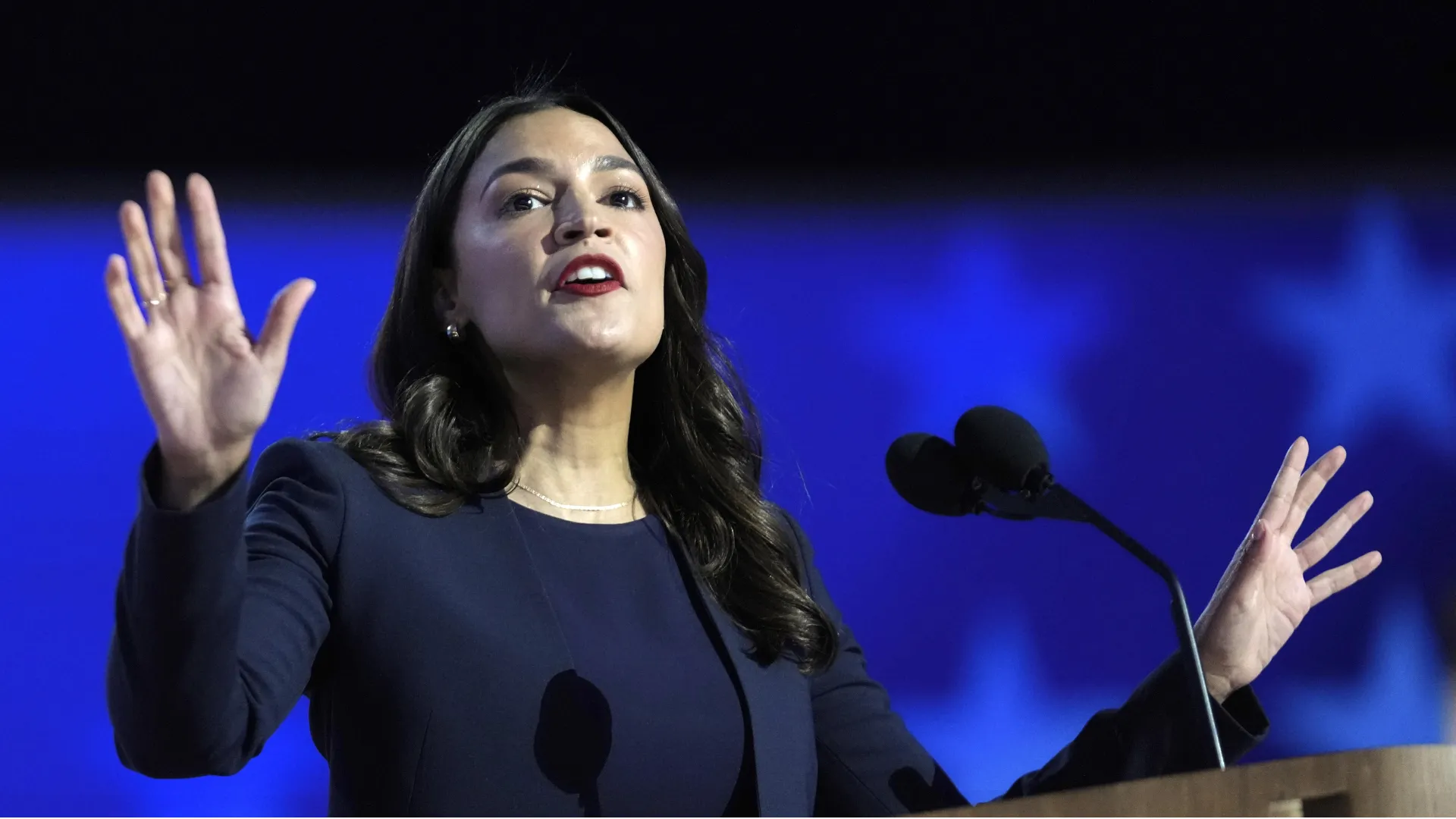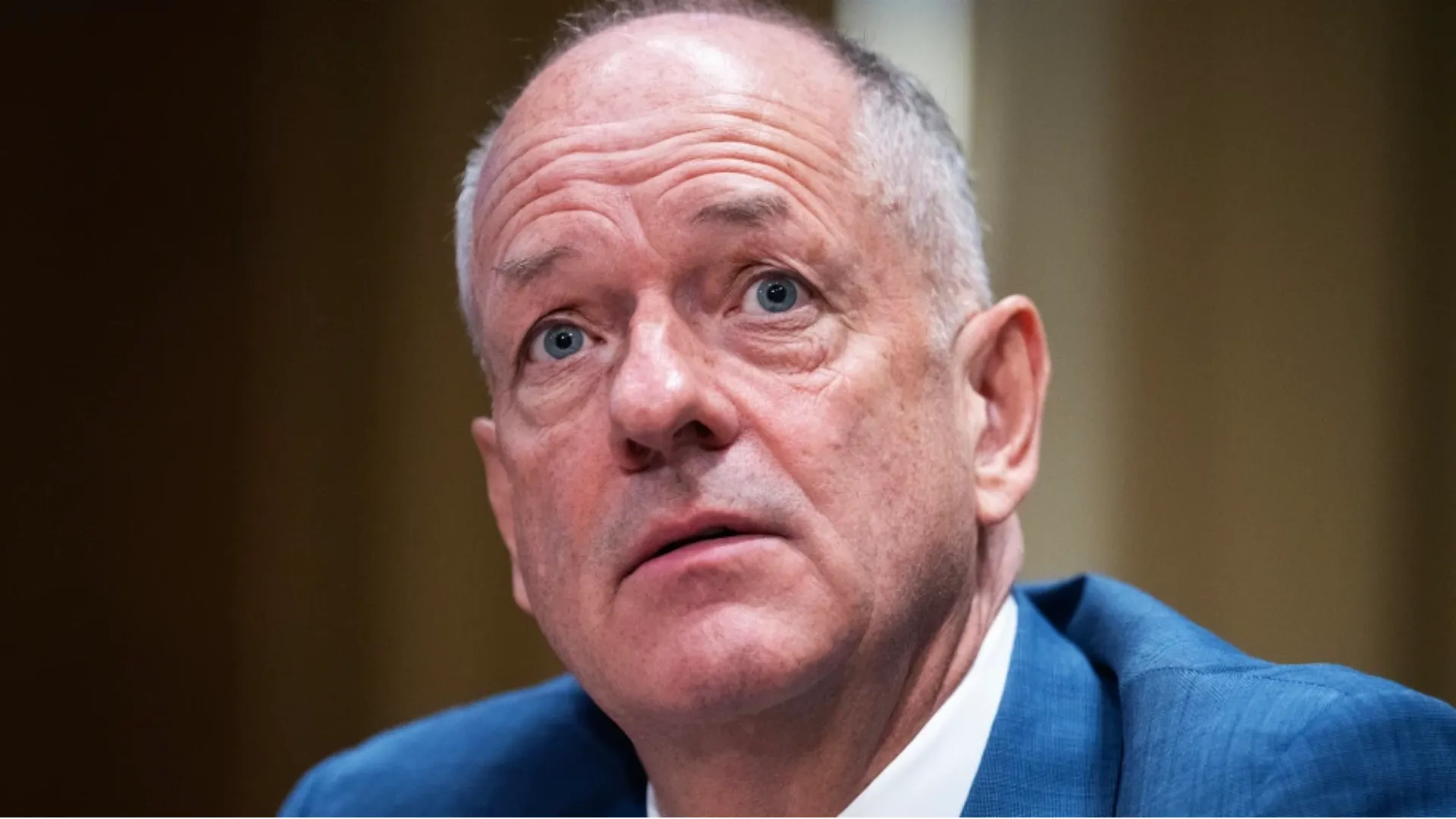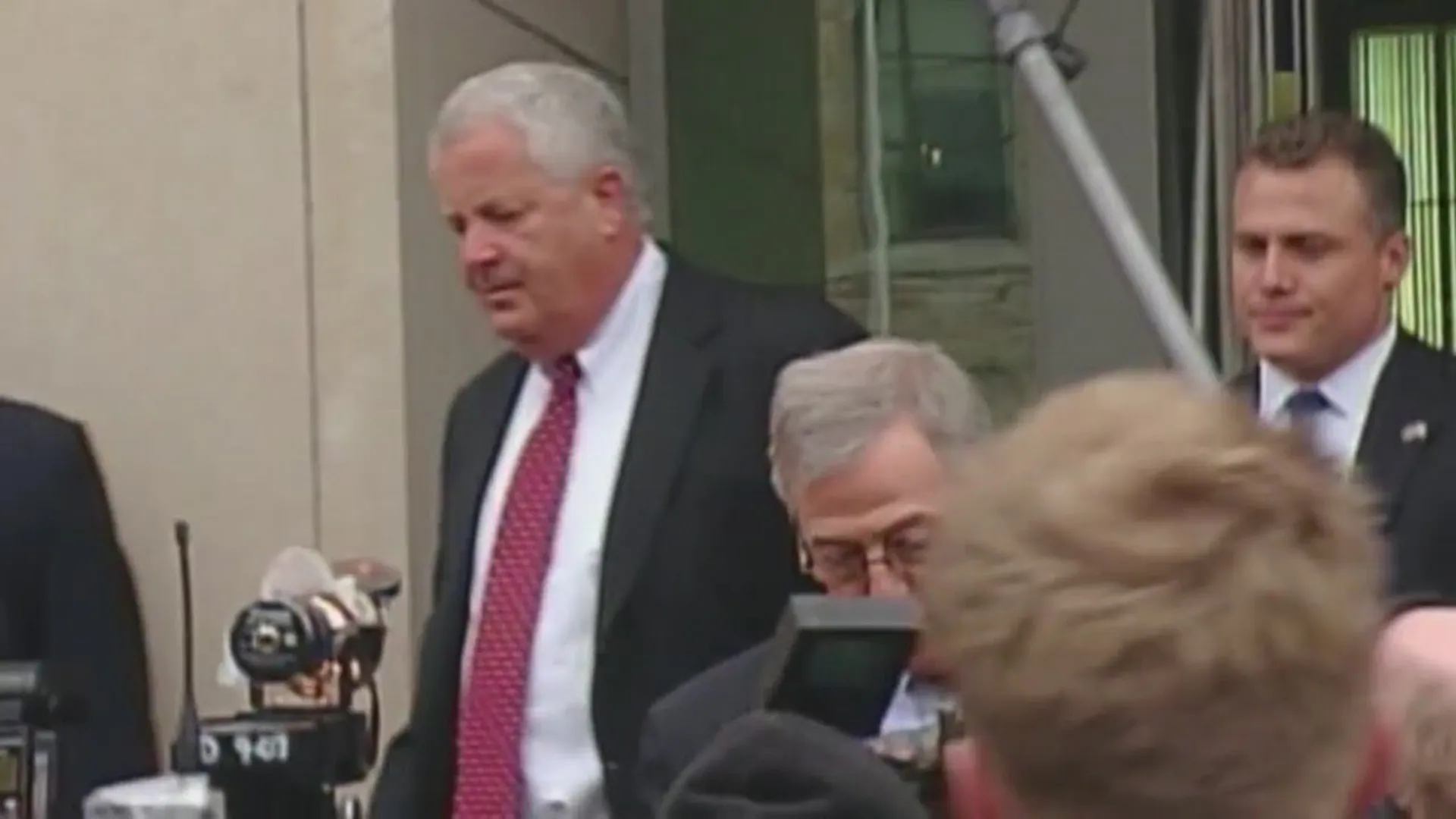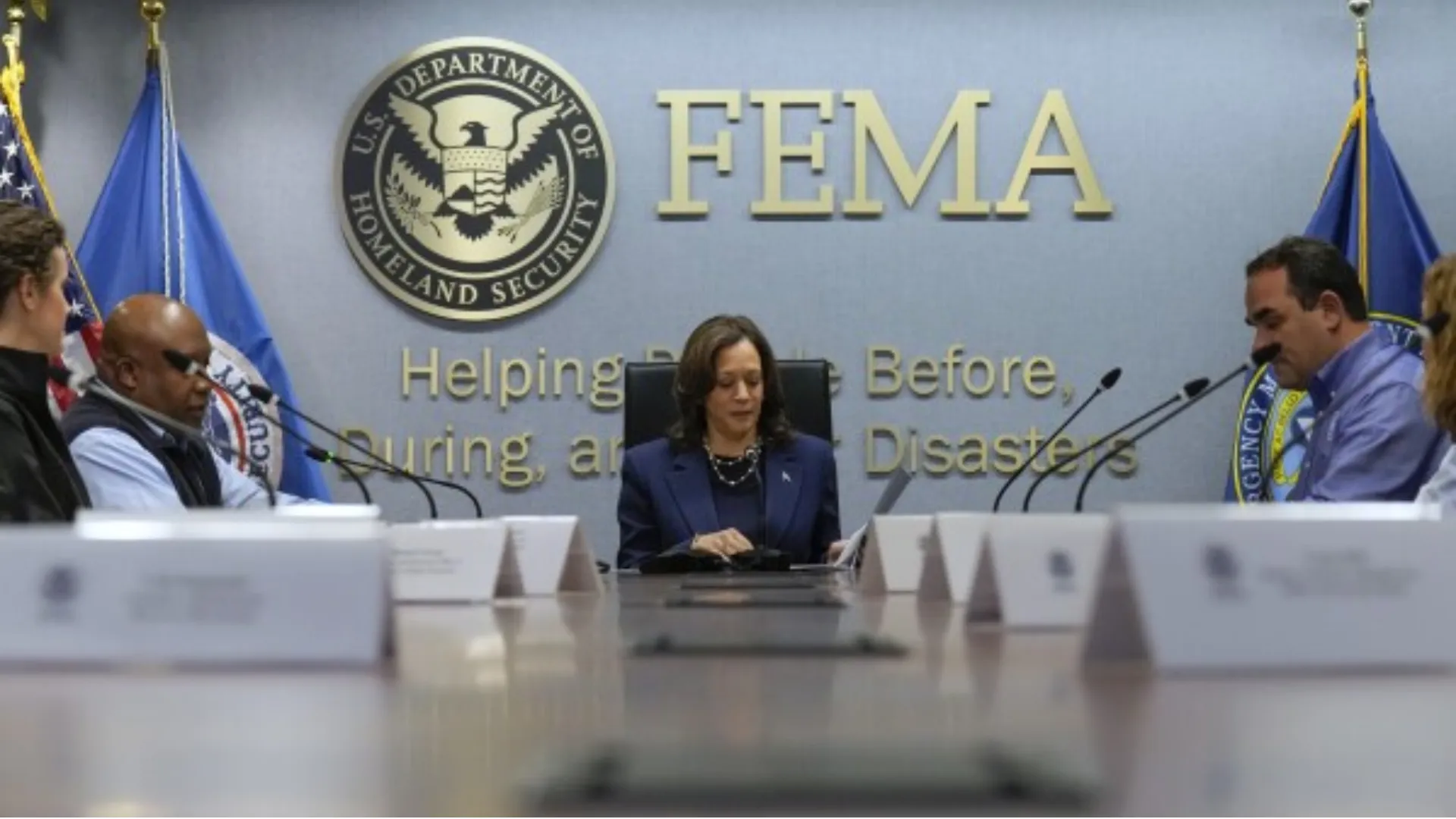
Throughout the 2024 election cycle, President-elect Donald Trump frequently emphasized his commitment to mass deportations upon taking office. With his inauguration set for Monday, fear of these impending policies has driven some migrants to leave the United States voluntarily rather than risk deportation under the new administration.
Immigration attorney Rolando Vasquez, speaking to NewsNation, revealed that several of his clients, who had entered the U.S. during the Biden administration, are now opting to return to their home countries. This proactive decision stems from the uncertainty surrounding Trump's immigration policies, which include promises of stricter enforcement and a large-scale deportation initiative.
Migrants facing potential deportation are evaluating their options, and for some, leaving on their own terms appears less daunting than being forcibly removed.

However, it’s not solely Trump’s deportation rhetoric that has influenced these decisions. A significant factor is the policy shift in Mexico, which now agrees to accept non-Mexican deportees.
This adjustment in Mexico's deportation policy primarily affects Cuban and Venezuelan migrants, as these nations historically have not permitted deportation flights from the U.S. Instead, they may accept individuals deported via Mexico, creating an added layer of complexity and concern for migrants.
“This is causing many migrants to leave on their own, knowing that they’re either going to be deported to their home country or be deported to Mexico,” Vasquez explained. He emphasized that the overwhelming majority of these individuals fear being stranded in Mexico, where the risks are considerably higher.

Sources in Mexico underscore the severity of these risks. Migrants deported to Mexico often face exploitation, extortion, or even kidnapping by cartels and human smugglers. The lack of a comprehensive protection plan for deported individuals only exacerbates the danger.
Despite Mexico's willingness to accept deportees, it remains unclear whether authorities have developed any strategies to safeguard migrants from such vulnerabilities. This ambiguity fuels additional anxiety among those who fear deportation, as they are forced to weigh the dangers of remaining in the U.S. against the potential hazards awaiting them in Mexico or their countries of origin.
The Biden administration's policies had previously provided a reprieve for many migrants, offering opportunities to seek asylum or remain in the U.S. while awaiting court decisions. However, the transition to Trump’s administration marks a stark policy shift.
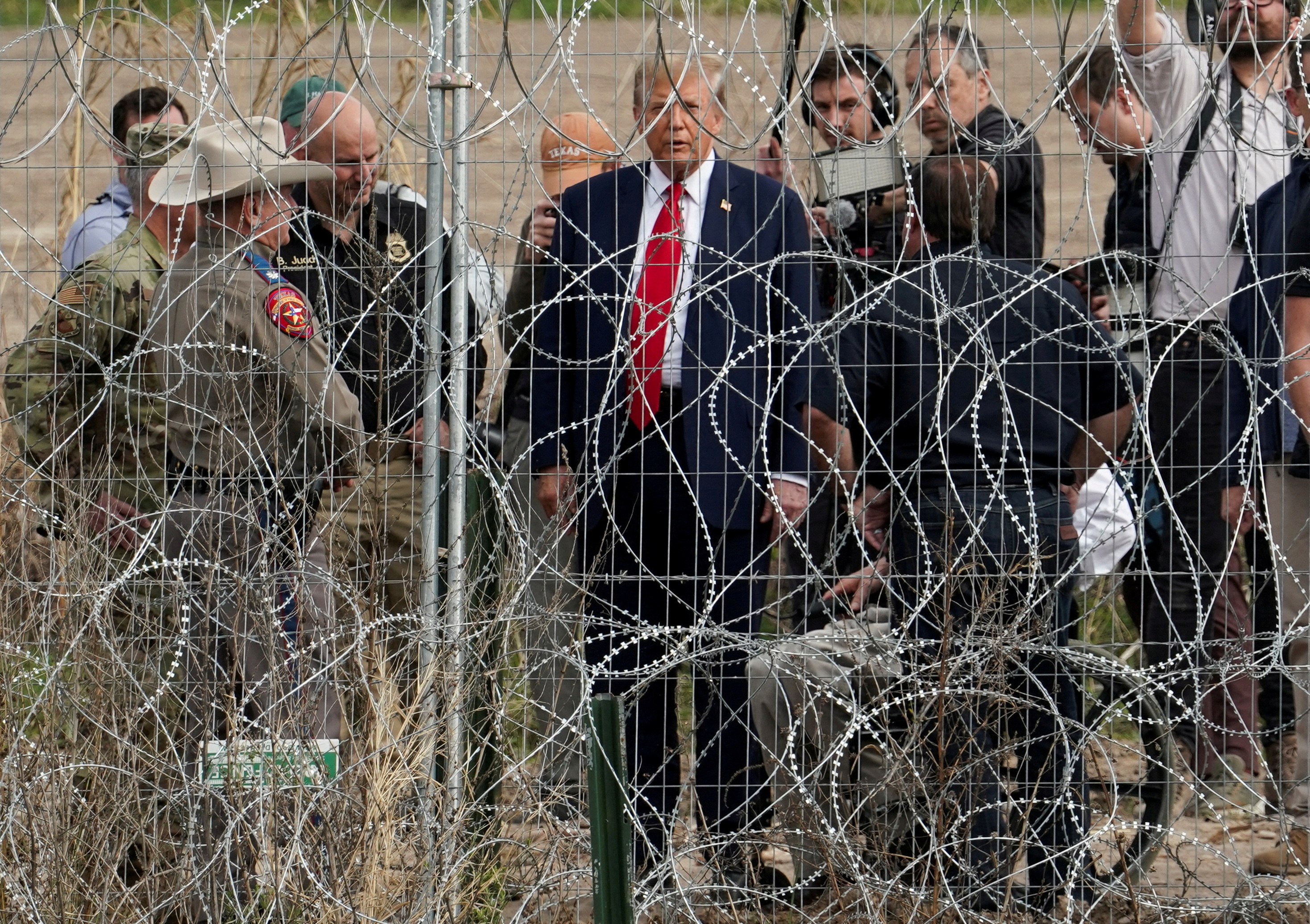
His hardline approach, including reinstating the Migrant Protection Protocols (commonly known as “Remain in Mexico”) and expanding deportation priorities, signals a less hospitable environment for migrants.
Cuban and Venezuelan migrants face particularly challenging decisions. Both groups have long sought refuge in the U.S. due to political and economic crises in their home countries. For them, deportation carries not only the risk of danger in transit but also the threat of persecution or dire living conditions upon return.
Given Mexico's new policy, many fear being caught in a cycle of displacement, where they are left vulnerable in unfamiliar and unsafe environments.
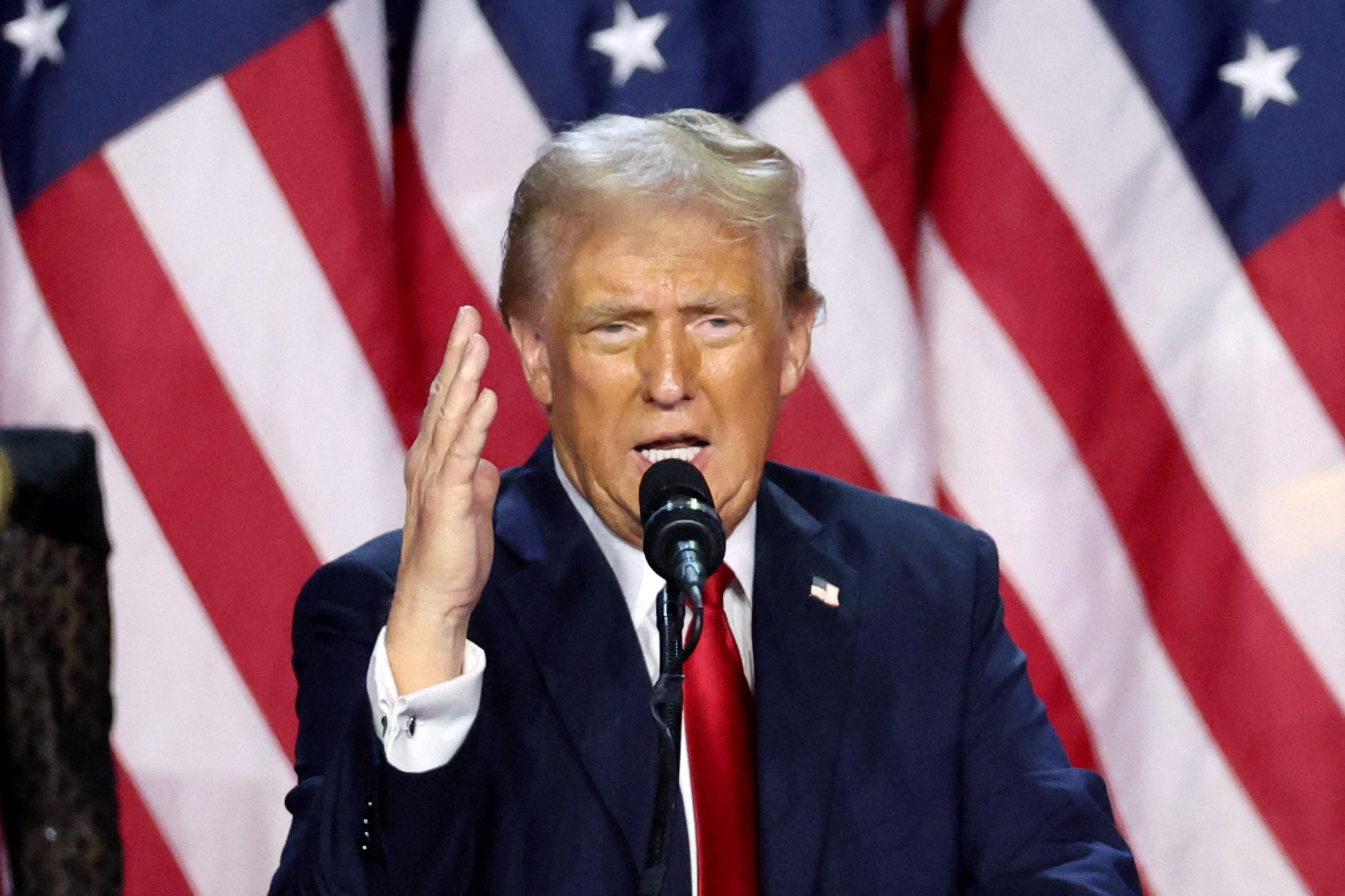
The implications of Trump’s deportation agenda extend beyond the individuals directly affected. Human rights organizations and immigration advocates have expressed concern about the humanitarian impact of these policies.
They argue that deportations, especially to volatile regions or countries, may violate international norms and exacerbate existing crises. Additionally, the lack of clarity on how Mexico will handle deported migrants raises questions about the role of bilateral cooperation in ensuring the safety and dignity of individuals.
As the Trump administration prepares to take office, the atmosphere of fear and uncertainty among migrant communities is palpable. Many families are making agonizing decisions, weighing the prospect of voluntary departure against the risks of deportation.

For some, the choice to leave the U.S. represents a desperate attempt to maintain agency over their future in the face of policies perceived as punitive and unforgiving.
The situation highlights the broader challenges of immigration policy in the U.S., where political shifts can profoundly impact the lives of millions. While some see the voluntary departure of migrants as a testament to the deterrent effect of Trump’s rhetoric, others view it as a sobering reminder of the human cost of stringent immigration enforcement.
As the transition of power nears completion, the eyes of the world remain on the U.S. and its handling of immigration. Advocates urge the incoming administration to consider the humanitarian implications of its policies and to collaborate with neighboring countries like Mexico to develop solutions that prioritize the safety and well-being of migrants.

Until then, the uncertainty faced by countless individuals underscores the fragility of their situation and the urgent need for comprehensive and compassionate reform.
